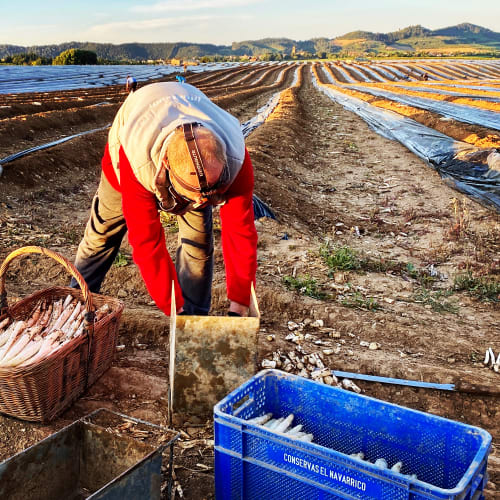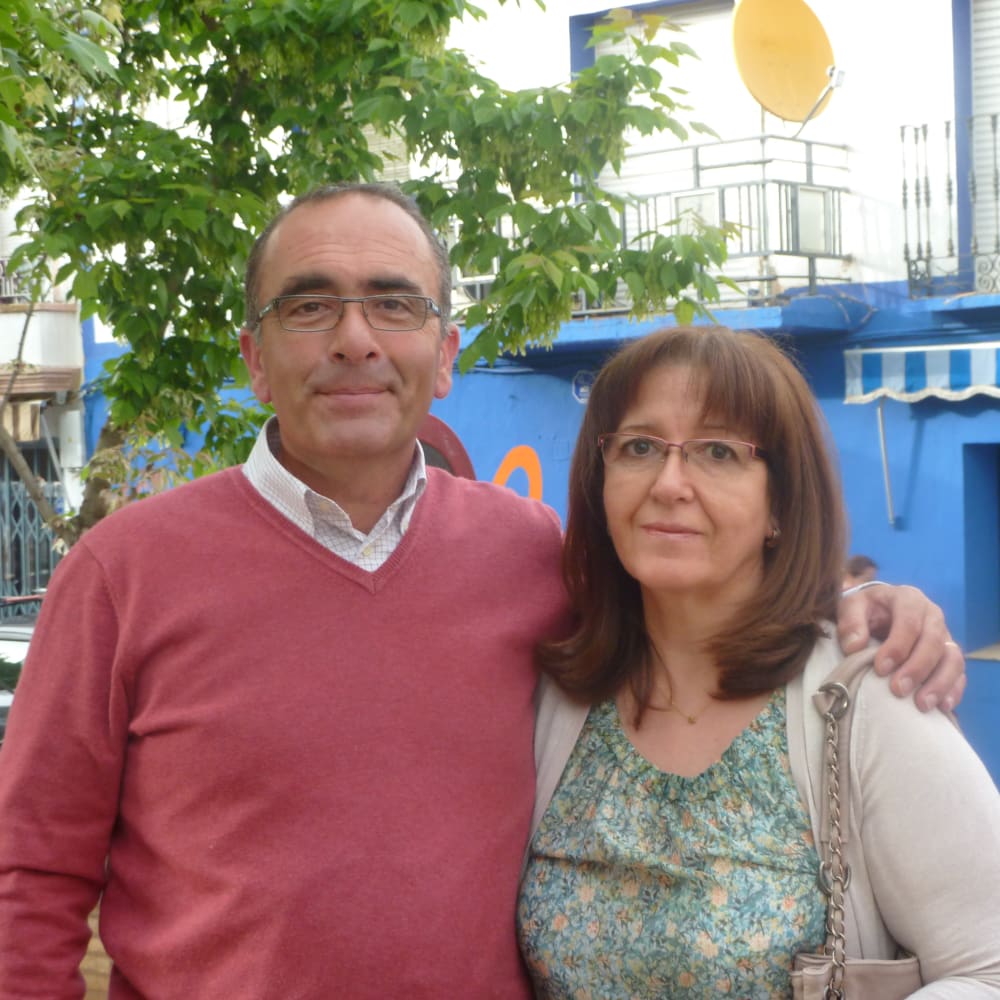Three Kings Sale - Up to 40% Off! Shop Sale
Supporting Authentic Spain
Jonathan Harris | January 2025




Spain has an embarrassment of riches when it comes to artisan regional foods. Every town we visit seems to have a cherished tradition, whether it is the fabes beans for fabada stew that are hand-tended on small Asturian farms, or the beloved Ibérico de Bellota ham of the village of Jabugo that owes its flavor to the special landscape and plants of the area where the Ibérico pigs roam. At La Tienda, we are dedicated to supporting and preserving these rich traditions and incredible foods for you to enjoy at home.
I know ‘artisan’ is thrown around as a marketing term everywhere these days, but in Spain there are many true artisans working with their families to preserve the food traditions that they cherish. When we lived in Spain in the 1970s, most food was made by small family enterprises, whether it was bread from the town baker, or the treasured regional chorizo made by the butcher nearby. Industrial foods weren’t available in a big way until after the arrival of democracy in the 1970s and the end of the Franco regime. Prosperity after the lean years was rightly celebrated, but it also threatened the artisan methods.
Thankfully many artisans survived the transition, but it is a constant challenge to compete against industrialization. A great example is our friends at Navarrico, where the Salcedo family produces exquisite piquillo peppers native to Navarra. Every October, they harvest ripe red piquillos from fields just a few miles from their small factory. They char the peppers over oakwood fires, then clean them by hand, one-by-one. The peppers are then placed by hand while they are still warm, filling jars the brim with no added water. They are divine, and so sweet and tangy that I eat them right out of the jar!
Nowadays Navarrico must compete with cheap industrial piquillo peppers imported from Peru. These peppers are roasted in an oven, then cleaned with water, washing away much of their sweetness and smoky flavor. The challenge is that, on the grocery shelf, it is hard to see the difference other than the price disparity. We believe that it is worth every penny to enjoy the original glorious piquillo pepper made by artisans from the region where it was first created.
Artisan Manchego cheese is another endangered tradition. We source ours from Antonio Villajos and his family, cheesemakers that gather fresh milk from local shepherds near the town of Porzuna in La Mancha. Rich and fresh, this sheep’s milk is transformed into premium Manchego cheese wheels, full of complex flavor and creamy texture. Cheeses like this are what made Manchego Spain’s most famous.
Recently, private equity groups have started cornering the market, buying up most of the sheep’s milk and pasteurizing it to make a standardized cheese. The industrial Manchego cheese that they bring to the market has an ersatz texture and monotone flavor, a pale shadow of the vibrant cheeses of the region. That is why we only offer truly authentic Manchego from a family that we know personally.
Our family is passionate about supporting these intrepid artisans who work every day to preserve Spain’s culinary heritage. Our reward is to share these authentic products with you, so that you can enjoy the finest of Spain’s amazing foods. Thank you for your support!

¡Hola! I'm Jonathan Harris, one of the owners of La Tienda. I love sharing insights about Spain's amazing food culture.
Learn more >
Related Articles

